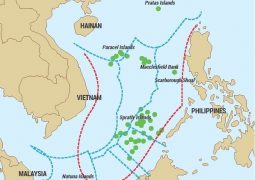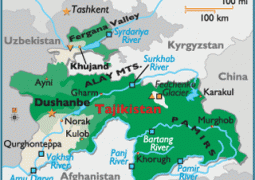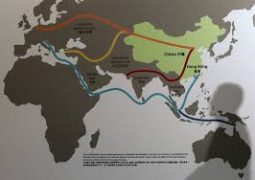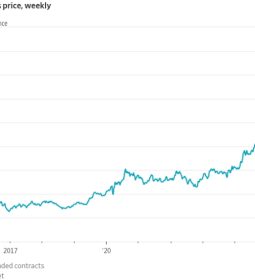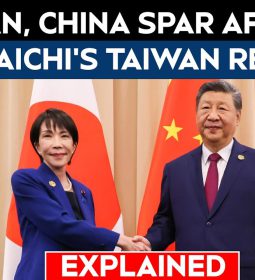China’s foreign ministry to the US State Department: ‘halt the smear campaign’
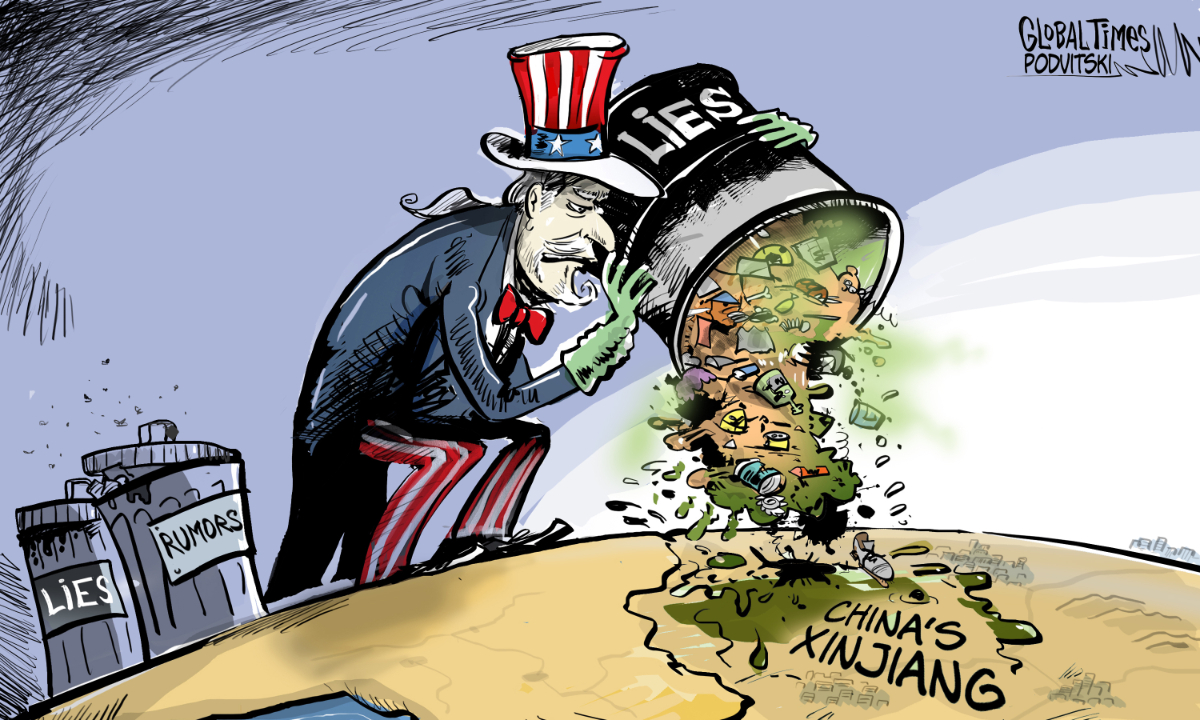
China’s foreign ministry has accused the United States of launching a smear campaign, following the release of updates to the US-China relations fact sheet on the US State Department’s website.
Ministry spokesman Guo Jiakun said the changes – which focused on the US trade deficit and competitive relations between the two countries – were “distorting the truth, denigrating China’s foreign policy and advocating so-called strategic competition”.
“China strongly disapproves and firmly opposes it,” he said, urging the US to “stop misleading the American people and the international community, and halt the smear campaign and pressure against China”.
Do you have questions about the biggest topics and trends from around the world? Get the answers with SCMP Knowledge, our new platform of curated content with explainers, FAQs, analyses and infographics brought to you by our award-winning team.
The US State Department released its revised China fact sheet on February 13. It states that the US views its relationship with China through the frame of strategic competition. It also includes a new phrase: “in response to the direct challenges that China presents to US interests”.
“The United States works to deter China’s aggression, combat China’s unfair trade policies, counter China’s malicious cyber activity, end China’s global trafficking of fentanyl precursors, mitigate China’s manipulation of international organisations and promote accountability for China’s violations of human rights within China and around the globe,” the fact sheet says.
It also includes data about the US trade deficit with China, challenges for American businesses operating in China – saying US firms cite arbitrary legal enforcement – and alleged unfair trade practices such as “using forced labour and massive state subsidies”.
The new fact sheet has dropped references to US assistance to China, including efforts to preserve Tibetan culture, as well as the advancement of environmental standards and human rights, and mentions working with US allies to defend their interests.
It refers to the country as “China”, instead of the official name, the “People’s Republic of China”, which was used in the previous version.
In Beijing, ministry spokesman Guo said: “We are committed to viewing and developing Sino-US relations based on the three principles proposed by President Xi Jinping: mutual respect; peaceful coexistence; and win-win cooperation.”
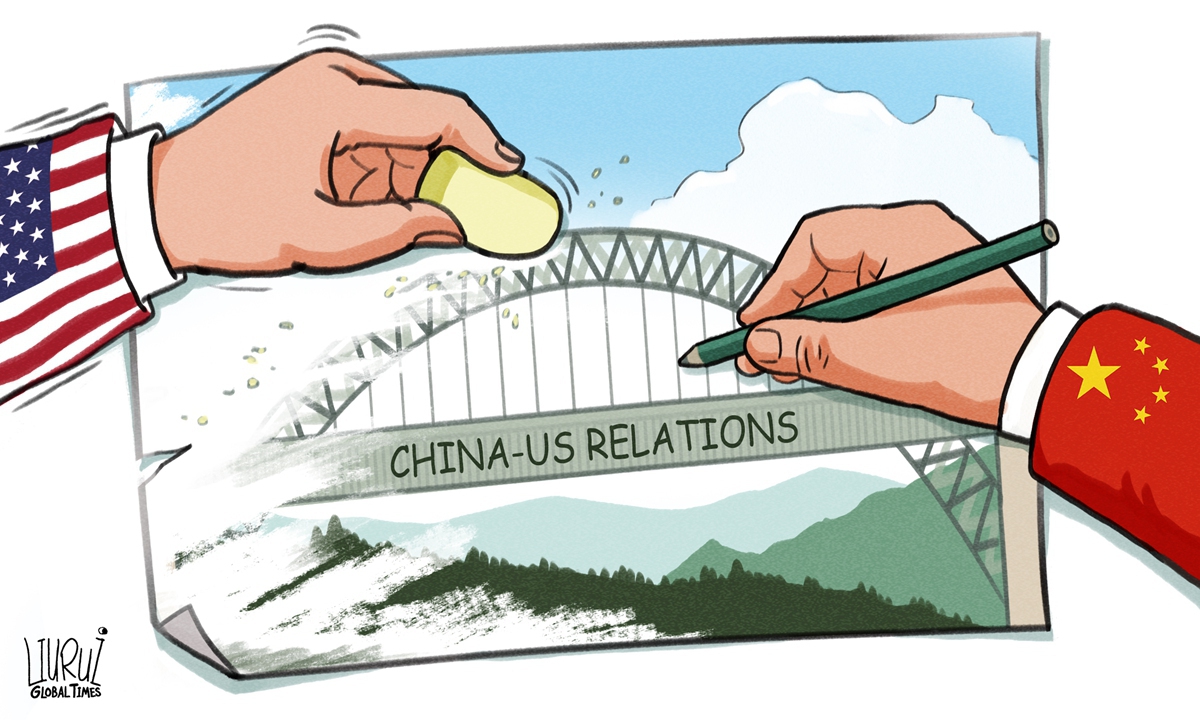
“Meanwhile, we resolutely defend China’s national sovereignty, security and development interests,” he said. “We urge the US to approach and handle the Sino-US relationship with an objective and rational attitude, and jointly promote its stable, healthy and sustainable development.”
Earlier this week, Guo protested against another website update by the US State Department, which cut a line about Taiwan independence. The site continues to state adherence to the one-China policy but removed the phrase “we do not support Taiwan independence”.
Beijing regards Taiwan as part of its territory, to be eventually brought under mainland control. Most countries, including the United States, have not recognised Taiwan as an independent state, but Washington has been opposed to a unilateral attempt to change the status quo by force and has committed to arming Taiwan for self-defence.
Li Peng, director of the Graduate Institute for Taiwan Studies at Xiamen University, said the removal of the Taiwan independence line showed that President Donald Trump’s administration “does not and does not want to” understand the true nature of Taiwan independence, of its leader and the ruling party.
“We have repeated that the Taiwan issue is the most important and sensitive core issue in Sino-US relations, as well as a core national interest for China. But Trump seems indifferent to this,” Li said in an interview with China Review News Agency on Thursday.
“Trump’s ignorance about Taiwan, combined with his fearlessness, could lead to a high degree of uncertainty in the Taiwan Strait in the future.”
Li said that while Trump would continue to apply his business mindset to the Taiwan issue, his advisers would likely consider it from a strategic perspective, which could potentially deepen US-Taiwan ties in the areas of politics, economics and military security.
“This could threaten peace and stability in the Taiwan Strait, as (Beijing) will never tolerate political and military security breakthroughs between the US and Taiwan. But they are possible due to Trump’s ignorance, fearlessness and unpredictability,” he said.
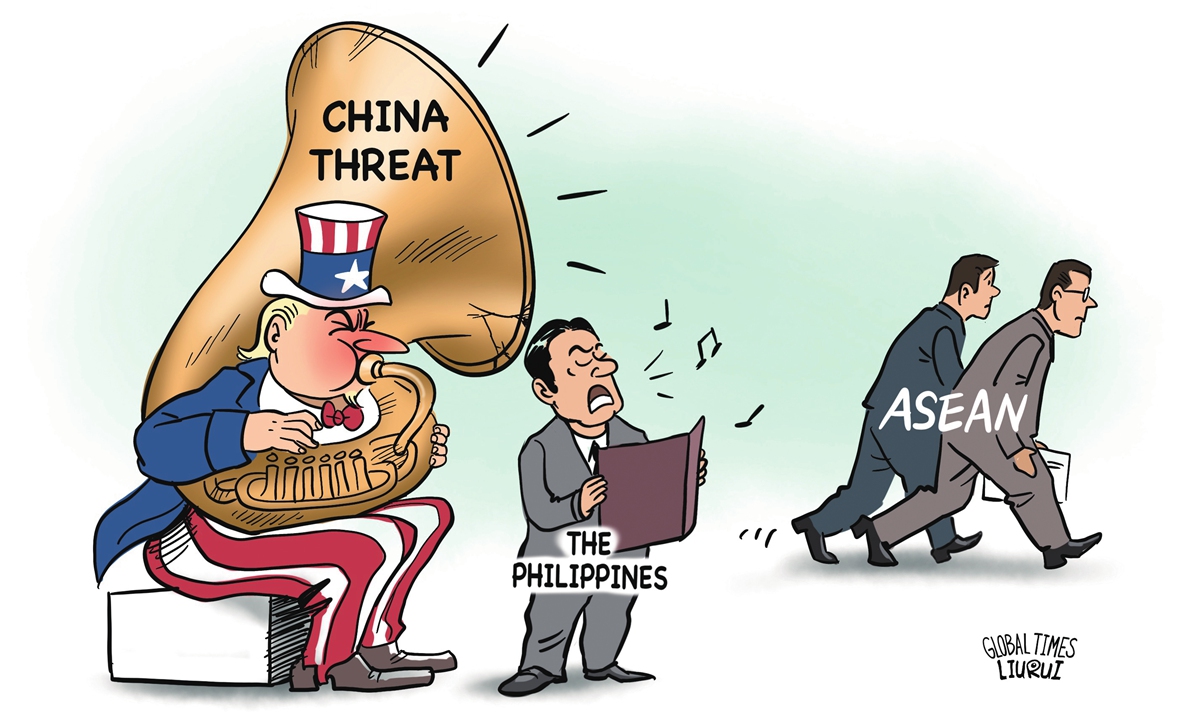
This article originally appeared on the South China Morning Post (www.scmp.com), the leading news media reporting on China and Asia.
Copyright (c) 2025. South China Morning Post Publishers Ltd. All rights reserved.
- Previous Kash Patel, after winning Senate conformation vote 51-49, coming after DEI-Liberal Dems, Zelensky crooks and anti-Trump “culural warriors”
- Next Saudi Arabia unviels a new currency symbol for Riyal





